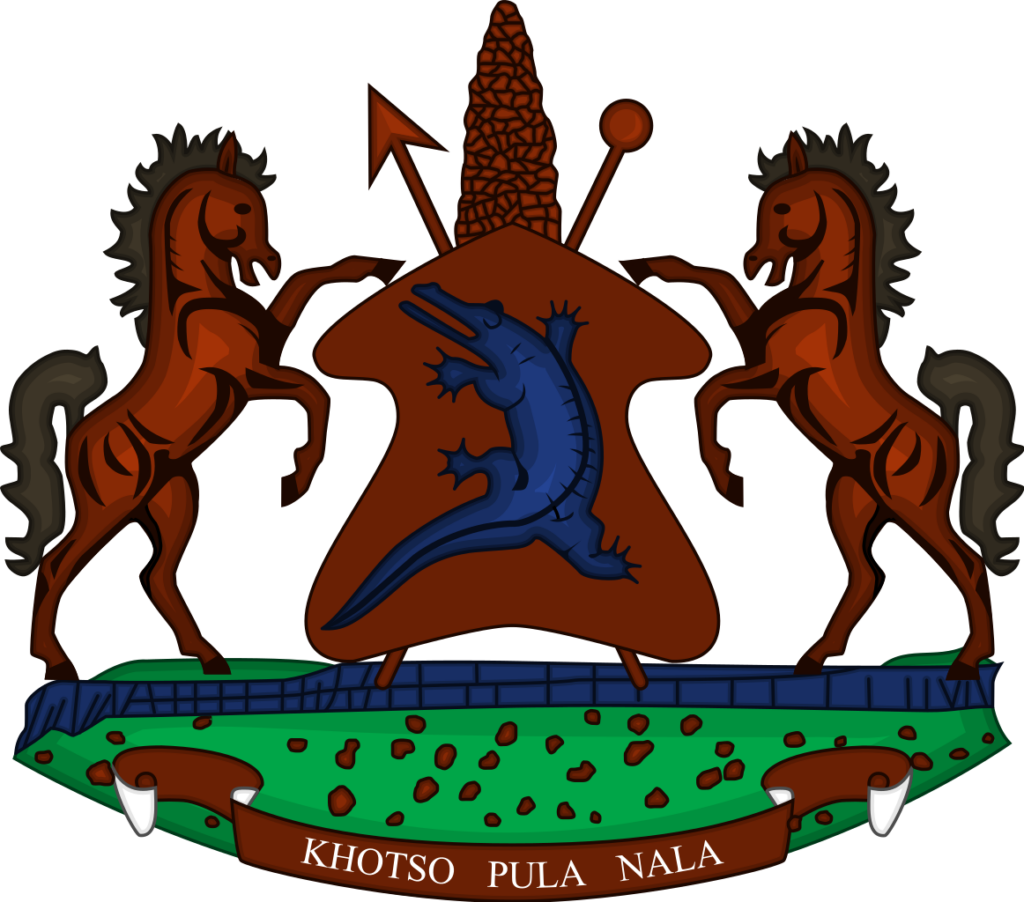Nigeria’s economy has grown steadily in recent years. Nigeria is the largest economy in Africa and the world’s 22nd-largest economy. It has a population of nearly 200 million people, making it Africa’s biggest nation. The country’s strong resource base, which includes oil and gas, agricultural output, and solid minerals, has played an important role in its improving quality of life and economic growth.
Over the past few years, the Nigerian government has implemented a variety of measures aimed at diversifying the country’s economy and decreasing its dependence on oil revenue. Moreover, the government has taken initiatives to improve the business climate, boost international trade and investment, and attract foreign direct investment.

Foreign exchange trading
Trading foreign currency, sometimes known as forex, is a popular and profitable sector in Nigeria, with thousands of traders. Traders who engage in a forex trading platform have the option to buy and sell currencies in order to benefit from the fluctuation of exchange rates.
The Central Bank of Nigeria (CBN) is the regulatory organization in Nigeria in charge of supervising the foreign currency market. The CBN has implemented a variety of steps to manage the market and reduce foreign exchange speculation. These laws include limiting foreign currency sales to certain categories of importers, establishing a foreign exchange market window for investors and exporters, and prohibiting certain foreign exchange trading tactics such as round-tripping.
Notwithstanding the new regulatory constraints, forex trading continues to present rewarding investment possibilities for Nigerians. Since the foreign currency market is so liquid, traders can easily enter and exit positions. Moreover, since the market is open 24 hours a day, five days a week, traders have a plethora of opportunities to earn from their operations.
GDP & the inflation rate
Nigeria’s gross domestic product (GDP) has been steadily increasing in recent years. In 2022 it climbed by 3.3% from the previous year, reaching $540 billion. Nigeria’s inflation rate has been very steady over the past year, hovering around 13% on average. This is a significant improvement over the high inflation rates seen in previous years.
Agriculture industry
Nigeria’s total economic development can be primarily attributed to its growing agricultural economy. The sector employs more than 70% of the country’s labour and accounts for around 23% of the country’s GDP. Nigeria is the world’s biggest producer of cassava and yam, in addition to cocoa, palm oil, and groundnuts.
In recent years, the Nigerian government has established a variety of measures aimed at enhancing agricultural production and encouraging investment in that industry. Due to these policies, there has been an increase in private sector engagement in agriculture, which has resulted in improved crop yields, more exports, and the creation of new employment opportunities.
Industry related to oil & gas
The oil and gas business contributes around 90% of Nigeria’s total export income and 10% of the nation’s GDP, making it the country’s economic cornerstone. Nigeria is the most important oil-producing nation in Africa and the 10th most important oil-producing country in the world, with an estimated oil potential of more than 37 billion barrels.
Throughout the past few years, the Nigerian government has implemented a variety of policies aimed at increasing the country’s profits from the oil and gas business while also encouraging greater foreign investment in that sector. These policies include the liberalization of the downstream sector, the implementation of a legal framework for the exploration and production of unconventional hydrocarbons, and the reform of the NNPC, the state-owned oil company.
Manufacturing-related industries
Even though it is growing at a slower pace than other sectors, Nigeria’s manufacturing industry is increasing. The industry accounts for around 9% of the country’s GDP and employs approximately 12% of the labour force. Nigeria’s federal government has established a number of laws aimed at encouraging the growth of the country’s industrial sector. These policies include the creation of industrial parks, the prohibition of specific imports, and tax advantages for local firms.

Trade & financial investment
Nigeria is a member of the Economic Community of West African States (ECOWAS) and the African Continental Free Trade Area (AfCFTA). Nigeria currently has access to regional markets as a consequence of trade agreements, which has resulted in a rise in foreign investment in Nigeria.
Nigeria has signed a number of trade deals with other countries, including China, India, and the United States, over the past few years. Nigerian enterprises now have access to new markets as a result of these agreements, which has resulted in an increase in the amount of money invested in the country from foreign sources.
Projections & perspectives
It is expected that Nigeria’s economy will sustain its present pace of growth over the next few years. Because of its large population, plentiful natural resources, and excellent geographic location, Nigeria has significant economic development opportunities. It is expected that the government’s attempts to diversify the economy, as well as stimulate trade and investment, will yield positive results.
It is also expected that the agriculture sector will continue to make a significant contribution to the country’s economic growth. Higher agricultural yields, newly generated employment, and improved food security are expected to result from government-implemented productivity-boosting and private-sector participation initiatives.
Moreover, it is expected that the oil and gas sector will continue to contribute significantly to the nation’s revenues. The liberalization of the downstream business is expected to attract foreign investment, and the establishment of a legislative framework for unconventional hydrocarbons is expected to increase revenue from the sector. Both of these advances are critical for the industry.
When the government attempts to boost local production and import substitution yield fruit, the manufacturing sector is expected to increase at a faster pace. More investments are expected to be attracted to the sector as a consequence of the development of industrial parks and the offering of tax breaks to area businesses.
If Nigeria continues to actively participate in regional and international trade agreements, it is projected that trade and investment will increase. The African Continental Free Trade Area (AfCFTA) is expected to offer significant opportunities for Nigerian businesses to join new markets and expand their trade with other African countries.

Conclusion
To recap, the Nigerian economy is growing steadily, with significant contributions from the industrial, agricultural, and oil and gas sectors. It is expected that the government’s attempts to widen the scope of the economy and boost trade and investment will provide positive results in the coming years.
The foreign exchange market remains one of the most popular investment options accessible to Nigerians due to its high liquidity and the fact that it is open around the clock, providing several opportunities for profit.
The prognosis and forecast for Nigeria’s economy remain positive, and significant opportunities for economic development may be anticipated in the next few years. Trade and investment are expected to grow in Nigeria as the government continues active engagement in regional and international trade agreements, which will provide opportunities for enterprises and investors.










